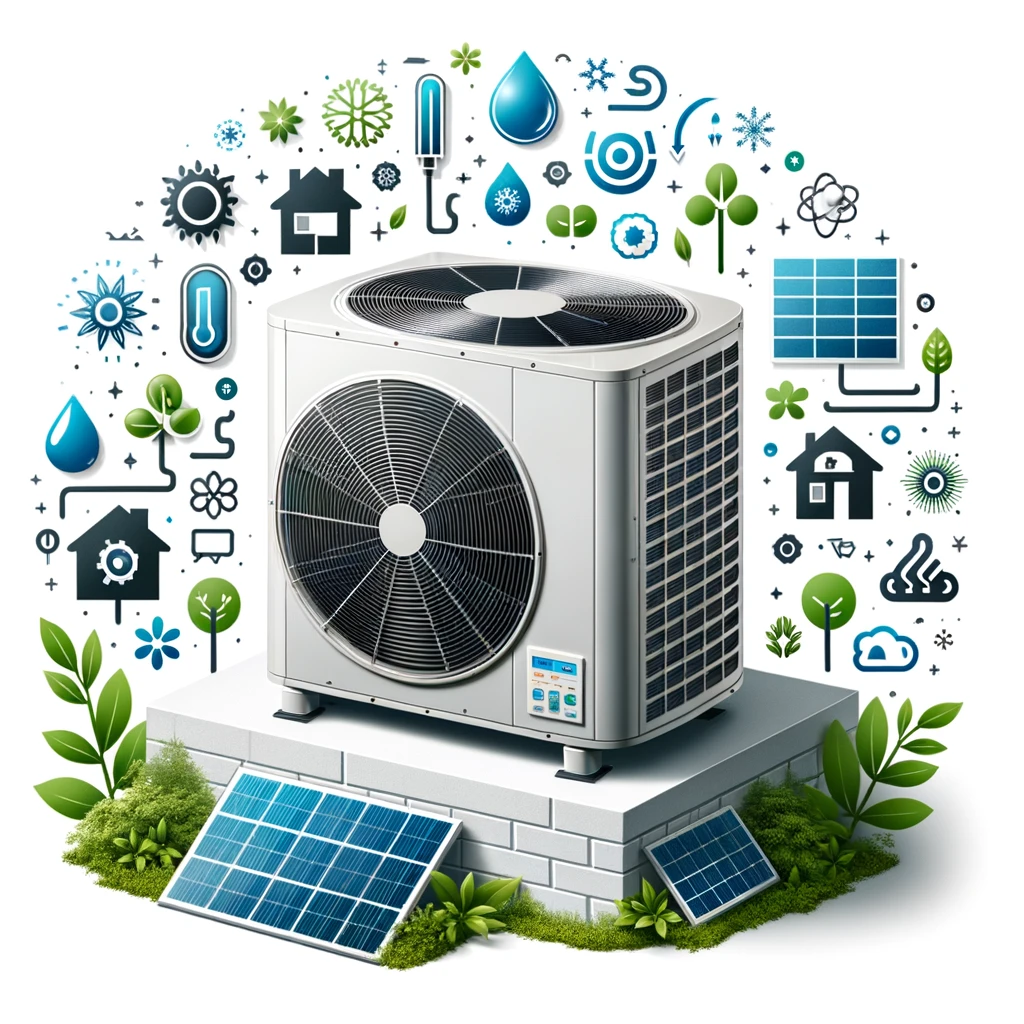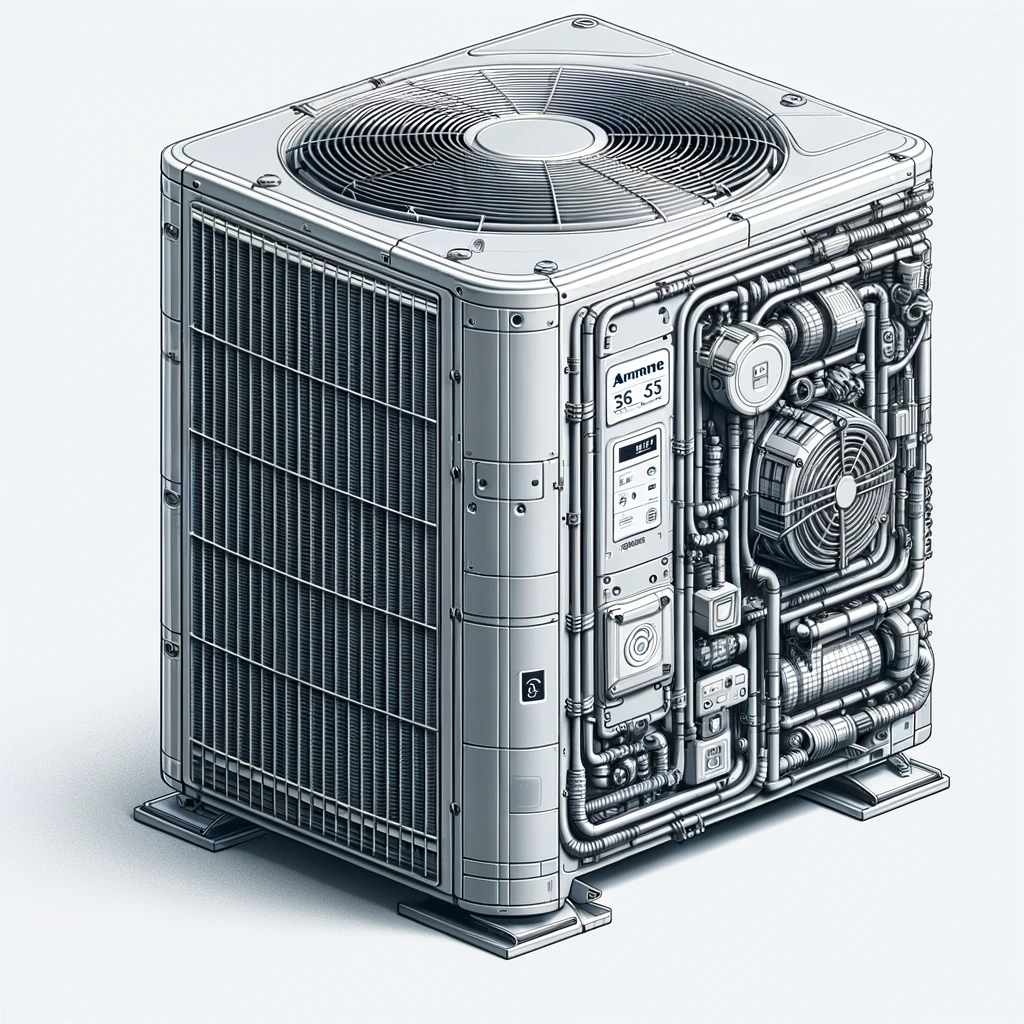
HVAC Rebate Programs: Unlock Savings and Energy Efficiency in 2024
As we embrace a more environmentally aware era, the quest for reducing energy consumption and enhancing cost savings through home improvements has never been more critical. The year 2024 continues to offer homeowners exceptional opportunities to achieve both objectives by leveraging HVAC rebate programs and federal tax credits. Investing in energy-efficient heating, ventilation, and air conditioning (HVAC) systems not only aids in conserving the environment but also substantially lowers household energy costs.
Understanding HVAC Rebates and Energy Star Certifications
Energy Star-Certified HVAC Products
An HVAC product’s Energy Star certification indicates compliance with the stringent energy efficiency guidelines established by the U.S. Environmental Protection Agency. Energy Star-certified heat pumps, furnaces, and air conditioners are engineered to consume less energy, emit fewer carbon emissions, and reduce utility bills, all without compromising performance or comfort.
The Benefits of HVAC Rebate Programs
HVAC rebate programs provide financial incentives to homeowners who invest in energy-efficient HVAC systems. These rebates significantly diminish the initial expense of acquiring new, high-efficiency equipment, making it more accessible and affordable for homeowners to upgrade their heating and cooling systems.
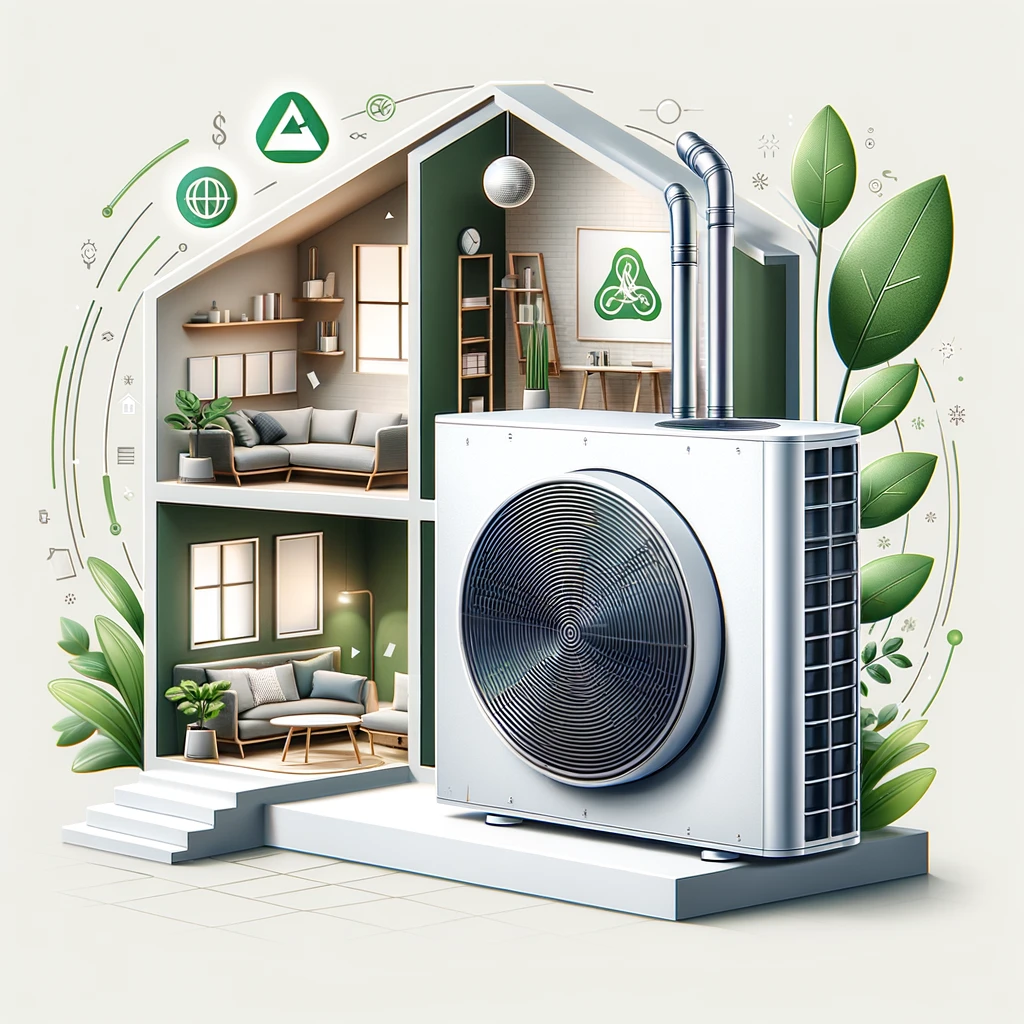
Navigating Federal Tax Credits and the Inflation Reduction Act
Federal Tax Credits for Energy Efficiency
Enhancements made by the Inflation Reduction Act (IRA) to federal tax credits are now more advantageous for homeowners installing energy-efficient HVAC systems in 2024. These tax credits can defray a considerable portion of the costs associated with the purchase and installation of qualifying HVAC equipment, further lowering the financial barriers to adopting greener, more efficient home heating and cooling solutions.
How to Qualify for Rebates and Tax Credits
Qualification for HVAC rebates and federal tax credits requires that new systems be Energy Star-certified and professionally installed. Eligibility criteria can vary, thus consulting a tax professional and thoroughly reviewing program guidelines is advised to ensure compliance and maximize benefits.
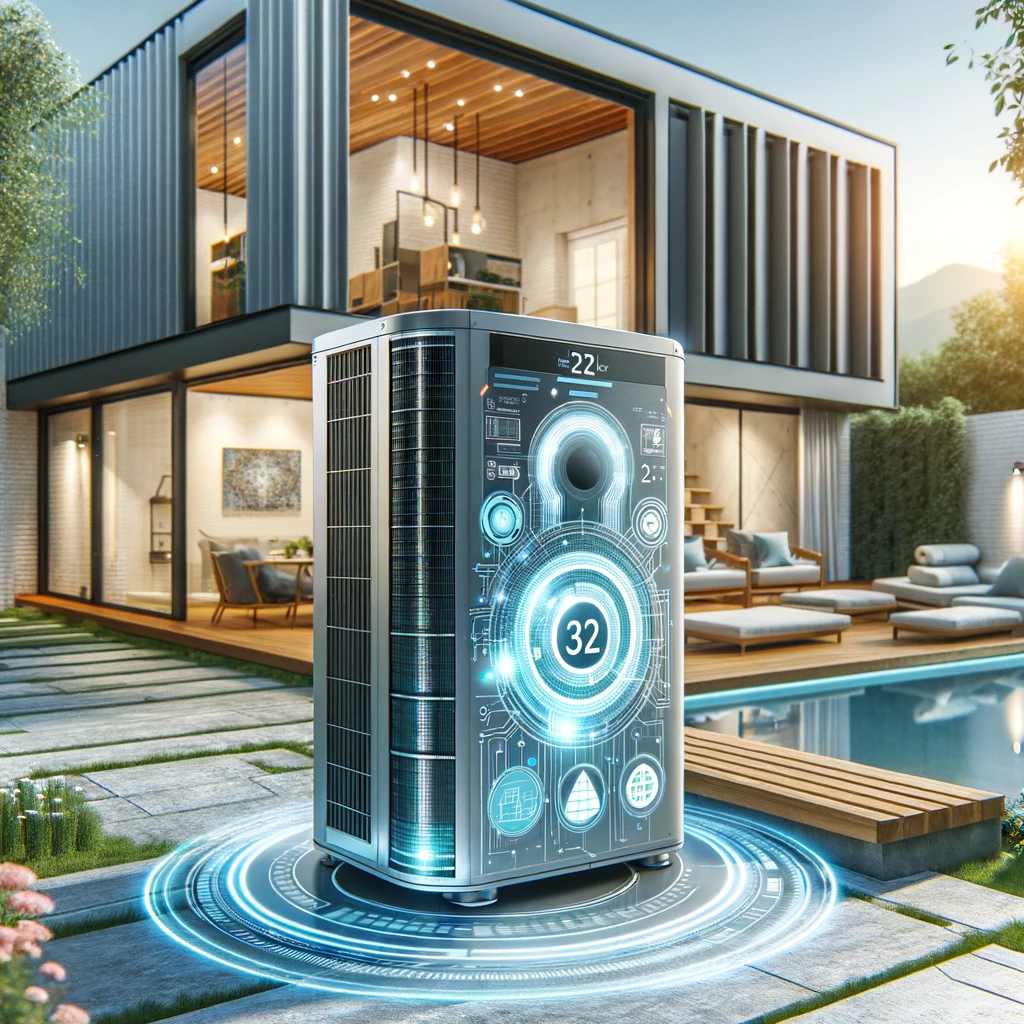
Exploring 2024’s Top HVAC Rebates and Programs
Federal and State Rebate Programs
A variety of federal and state programs continue to offer rebates for energy-efficient HVAC installations in 2024. Homeowners can identify available rebates by inputting their zip code on energy-saving platforms or by consulting the Department of Energy’s resources online.
Local and Utility-Sponsored Rebates
Rebate programs sponsored by local utilities and community energy initiatives often provide additional incentives for homeowners transitioning to more efficient HVAC systems. These local rebates aim to foster energy conservation within communities and can offer substantial savings on new system installations.
Making Your Home Energy Efficient with HVAC Upgrades
High-Efficiency Heat Pumps and Cooling Systems
Adopting high-efficiency heat pumps or cooling systems can significantly enhance your home’s energy efficiency. These modern, efficient models offer superior comfort and humidity control while consuming less electricity, leading to decreased energy bills and a smaller carbon footprint.
Heating and Cooling Equipment Upgrades
Upgrading old heating and cooling equipment to newer, more efficient models is crucial for improving your home’s energy performance. Beyond the potential for rebates and tax credits, these upgrades can also improve indoor air quality and overall comfort levels.
Practical Tips for Maximizing HVAC Rebates
Home Energy Assessments
A home energy assessment is a recommended first step before embarking on upgrades, as it helps identify the most impactful areas for energy efficiency improvements. This assessment can guide investment priorities, ensuring the most beneficial upgrades are made first.
Documentation and Professional Advice
Maintaining detailed records of all purchases and installations is essential, as is consulting with a tax professional to confirm eligibility for tax credits and rebates. Proper documentation is key to successfully claiming these financial incentives.
Looking Ahead: HVAC Rebates in 2025 and Beyond
Future Trends in Energy Efficiency and Rebates
The advancement of HVAC technology and energy efficiency standards is expected to continue, potentially leading to even more generous rebate programs in the future. Staying informed on these developments can help homeowners make informed, sustainable choices.
Continuing Benefits of Energy Star Products
The long-term savings and environmental benefits of investing in Energy Star-certified HVAC units remain clear. These products not only provide immediate cost and energy savings but also support ongoing sustainability and conservation efforts.
To Wrap it Up
The year 2024 presents a prime opportunity for homeowners to upgrade to energy-efficient HVAC systems, thanks to an extensive array of rebate programs and federal tax credits. By opting for Energy Star-certified products and leveraging available financial incentives, homeowners can significantly reduce their energy bills, enhance their home’s comfort, and contribute to a healthier planet. Now is the time to act to secure these benefits and support a sustainable future.

